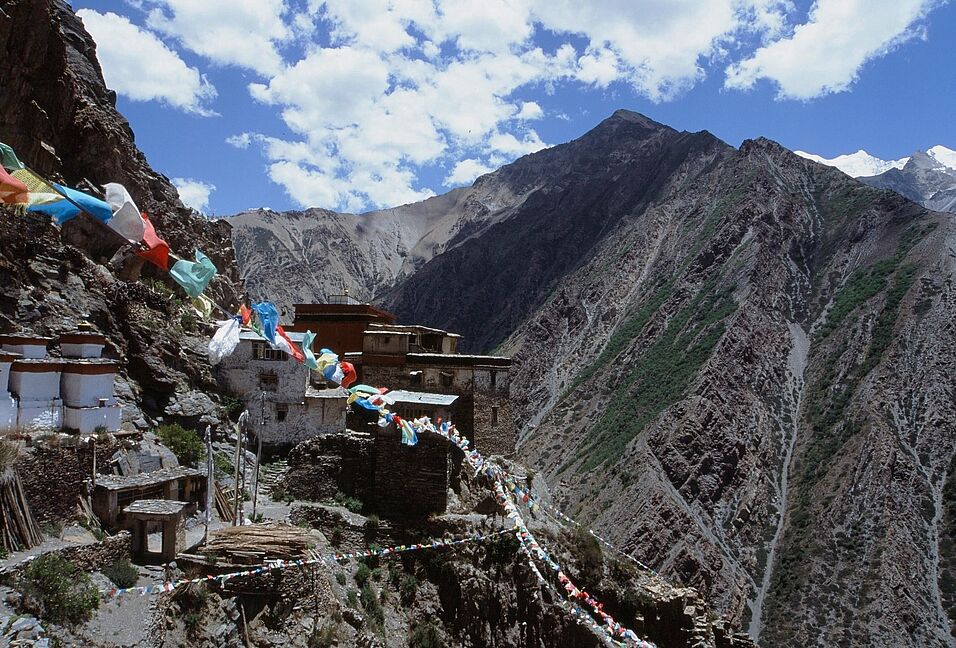Please register by May 15 via e-mail to istb@univie.ac.at
The University of Vienna has been a major force in the development of Tibetan and Buddhist Studies, particularly since the establishment of the Department of Tibetology and Buddhist Studies in 1973 by Ernst Steinkellner, a renowned pioneer of the field and bearer of the Wittgenstein-Award. The Institute received its own facilities two years later in 1975. In 1999, Tibetan and Buddhist Studies merged with the Institute for Indology into the Department for South Asian, Tibetan, and Buddhist Studies (ISTB).
With a strong research focus on Tibetan philology, history and culture, as well as Buddhist philosophy, logic, and epistemology, the ISTB has fostered interdisciplinary work on Tibetan and Sanskrit manuscripts and the history of Buddhist traditions on the Tibetan plateau and in the wider Himalayas for more than 50 years now. Its extensive publication record, including the foundation of the Vienna Studies for Tibetan and Buddhist Studies (WSTB) series, has made a significant contribution to the field. Supported by numerous externally funded research projects, a longstanding cooperation with the Austrian Academy of Sciences, interdisciplinary platforms such as CIRDIS, and a broad teaching program, the ISTB continues to be a leading institution shaping the academic landscape of Tibetan and Buddhist Studies.
Celebrate with us, meet the ISTB Team, and enjoy a talk on cultural heritage and cooperation in Tibet and the Himalayas by Dr. Hildegard Diemberger. The lecture will be preceeded by a brief account of the beginnings of Tibetan Studies in Vienna by Professor em. Ernst Steinkellner and a video-greeting by his successor and former ISTB-Professor Klaus-Dieter Mathes, introduced by Jim Rheingans, current Professor for Tibetan Studies at the ISTB.
The event will be rounded off with refreshments and an informal gathering.
We look forward to celebrating with you!
Dr. Hildegard Diemberger (University of Cambridge)
Cultural Heritage and Cooperation in Tibet and the Himalayas: a Tale of Challenges and Resilience
Sacred sites on the Tibetan plateau have been the focus of intense community activity in the post-Mao era, both a sites of cultural heritage and spiritual inspiration. They have been revived by people who had known these places before the Cultural Revolution with new generations of local scholars, monks and nuns as well as cadres and community members following in their footsteps.
International academic cooperation and collaborative scholarship has played an important part in this story of shared effort and dedication to a unique cultural heritage. Having followed these sites for over three decades, Dr. Diemberger will tell the stories of some of these places and their people, including Milarepa’s hermitage at Trakar Taso, Dorje Phagmo’s monastery at Samding and a range of sites of the Bodongpa tradition.

